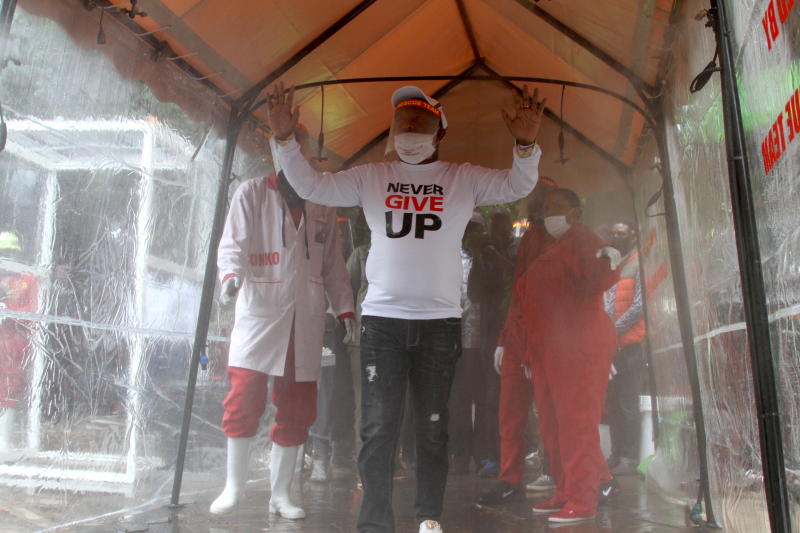
There was an elaborate plan in place to take down Mike Sonko and clip his wings. Key functions were taken away from the flamboyant Nairobi governor and, as one newspaper put it, he was left with “less influential responsibilities such as the licensing of dogs, controlling pornography, and other non-essential services, effectively rendering him a ceremonial governor.”
But with the coronavirus crisis now occupying the minds of those behind the whittling of his powers, Sonko seems to have momentarily rediscovered his groove. Amid the pandemic, the State House meeting that saw Sonko sign away his city feels years away.